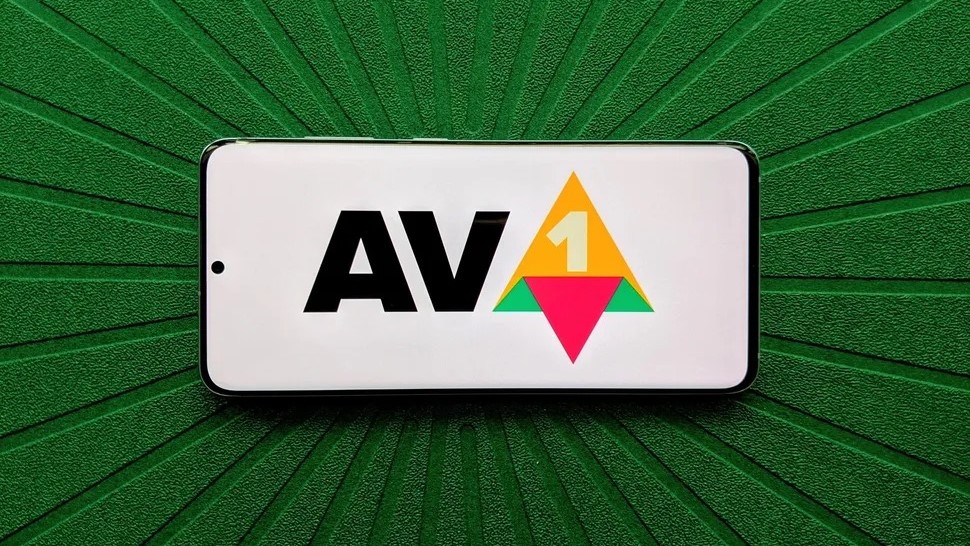
What you need to know
- Google confirms it has switched to VideoLAN's open-source libdav1d codec for AV1 video playback through its March 2024 Play Systems update.
- The new codec is said to have increased performance and efficiency compared to the old libgav1 codec.
- The new software-based codec leverages a device's CPU, which means more devices can enjoy smoother videos without worrying about the required hardware.
Google has confirmed that all devices running Android 12 and up have received a new software-based AV1 decoder to facilitate smoother videos.
Mishaal Rahman highlighted Google's confirmation on X, courtesy of Arif Dikici, software development manager of Android video and image codec. Dikici states that Android 12 and up devices have received the new "libdav1d" codec as an OTA (over-the-air) update. Rahman adds that it was included with the March 2024 Google Play systems update and beyond.
While the codec aims to improve AV1 video playback on Android, Google confirms that "most devices" can decode videos at 720p30 with libdav1d. However, apps are required to opt into the new codec to benefit from its capabilities.
Dikici explains that "soon," Google will make the new codec the default across Android's systems.
Rahman's research shows that the new software-based codec, developed by VideoLAN, performs better and is more efficient at decoding AV1 videos.
Google confirms that Android is switching to @videolan's libdav1d decoder for AV1 video playback! I first reported back in February that Google plans to roll out a Play System Update that enables libdav1d as Android's default AV1 software decoder. Yesterday, Arif Dikici,… pic.twitter.com/m0m2W20GZCApril 18, 2024
The confirmation comes two months after rumors of VideoLAN's codec on Android started to swirl. The open-source video codec is said to leverage a device's CPU to handle the "intricate" tasks required for decoding videos smoothly. However, not every device comes outfitted with the necessary hardware required to do all the heavy lifting.
On a technical level, AV1 works to shrink the size of a video without sacrificing its quality in the process. In turn, this reduces the strain on a user's cellular data when streaming content or watching videos on YouTube. Netflix and YouTube have since incorporated AV1 codec support to assist a range of devices.
AV1 hasn't been adopted as the "standard" just yet, despite Qualcomm and Apple working it into their chips. That benefits flagship models, but it leaves midrange and budget devices out of the loop. With Google's confirmation and latest rollout, the software-based AV1 codec should alleviate those playback pains for more users.







